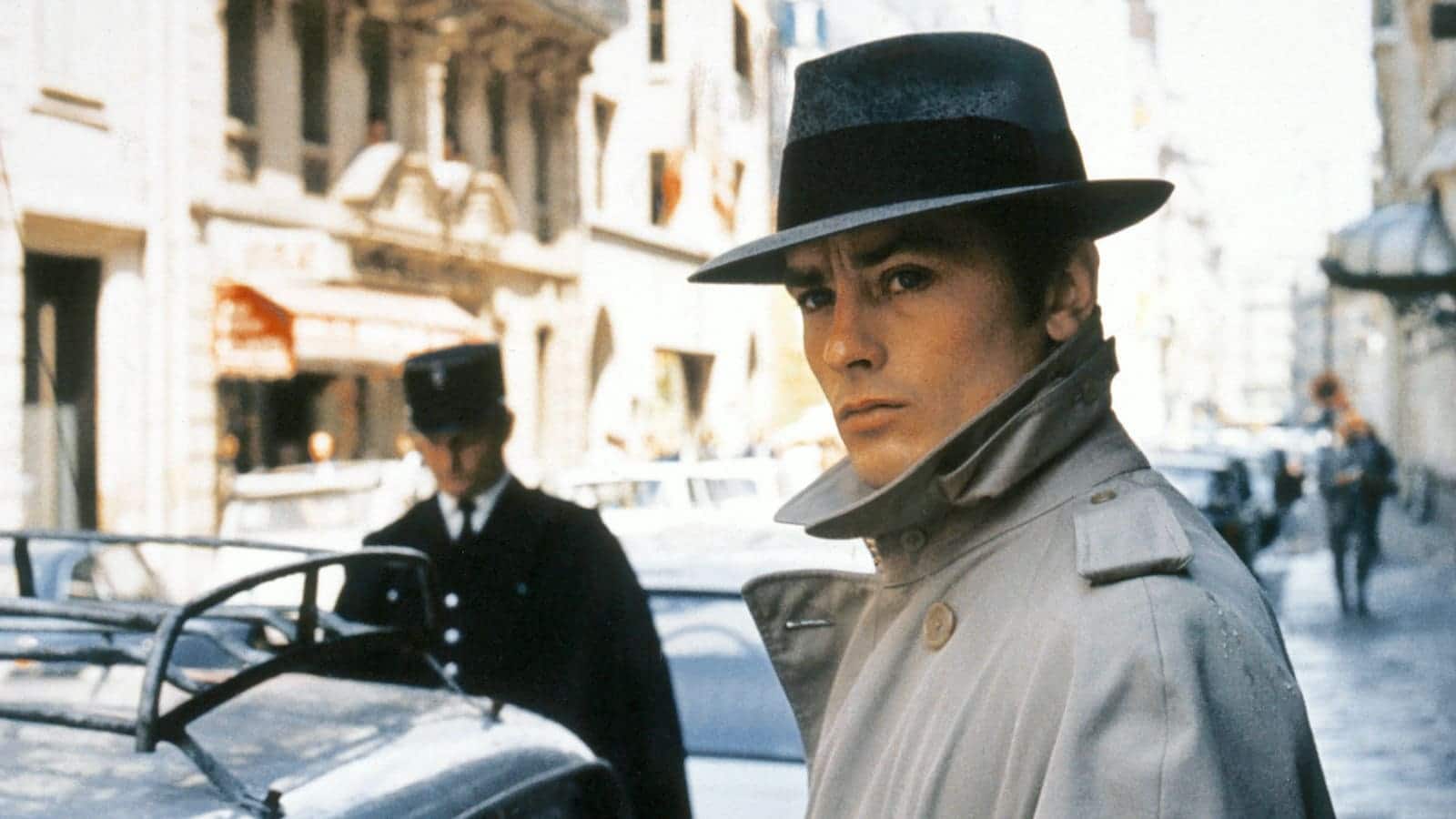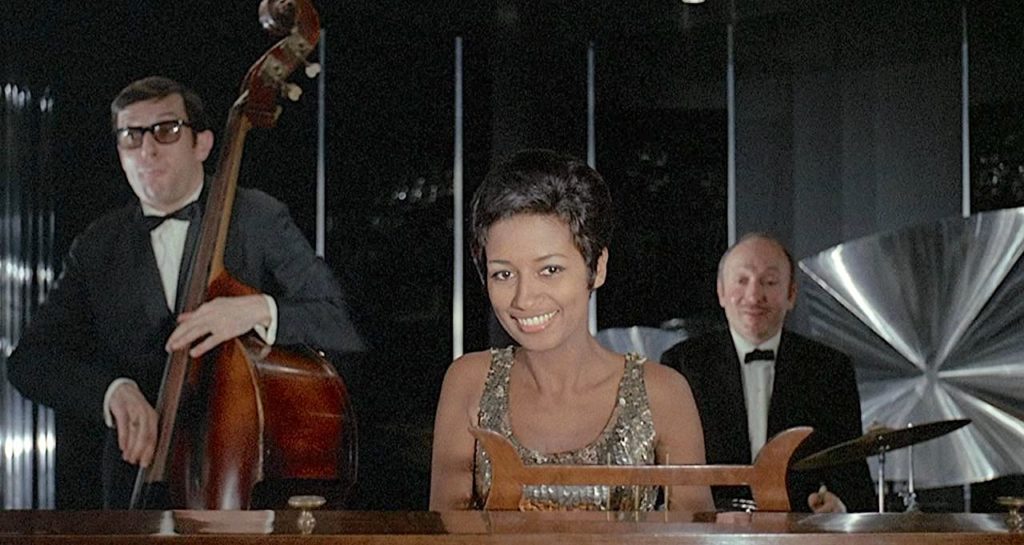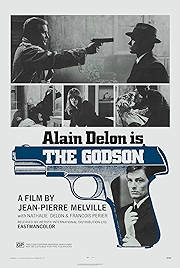Jean-Pierre Melville’s stylish 1967 hitman flick Le Samouraï has danced down the decades, leaving its mark on everything from William Friedkin’s The French Connection, to Walter Hill’s The Driver (and, by extension, Nicolas Winding Refn’s homage, Drive), Jarmusch’s Ghost Dog, Anton Corbijn’s The American and the Coens’ No Country for Old Men. Even John Wick can trace its ancestry back to Le Samouraï, Keanu Reeves being a 21st century update on the lone wolf operator going into battle against forces known and unknown.
The opening shot alone makes Le Samouraï noteworthy. A darkened room, a man lying on a bed. The camera does one of those perspective-altering Vertigo zooms, gets about halfway into it before reversing out, then in-out again, very quickly this time, the whole effect designed to elicit a “what just happened?” response, which it does.
The plot is unsettling too. A hitman called Jef Costello (Alain Delon) walks into a busy rinky-dink nightclub, enters the owner’s office and shoots him dead. Unlike everyone else, who’s dressed in nightclub-appropriate clothes, Jef is wearing a hat and trenchcoat. He sticks out like a fire on an icefield. Nor has he tried anything fancy. He came in through the front door, did what he came to do, and then left, giving a good half dozen of the staff and guests a chance to see what he looked like, in particular the club pianist (Cathy Rosier) who gets a full close-up of him in a corridor.
Jef doesn’t seem overly bothered about being hauled in by the police either, and at the copshop, what do you know, no one can quite get a proper ID on the killer, until one witness hits the bullseye so square on that… and even here there’s a wriggle and Jef is free.
Melville is playing with us. He understands what we’re expecting and then teasingly gives us some of what we want, along with something quite unexpected. Jef also gets something he wasn’t banking on – the pianist flatly will not identify him, even though her eyes confirm she knows damn well it’s him, which propels Jef into as much of a funk as an ice-cold, dead-eyed existential hitman can muster. What if the hunter has somehow, in among all this kerfuffle, in his too-cool-for-schoolness, become the hunted?
This was Melville’s first colour film and he plays with his new toys in a way that’s also unexpected, sticking as close to a monochrome palette as he can – some outdoor scenes necessarily involve Parisian street colour. But when Delon is on the screen and the action is taking place in a studio, almost everything is shades of white/grey/black. The pianist gets her own separate colour palette, too, her brown skin reflected in the monochrome cream/beige/coffee of her surrounding.
This hitman genre was pretty new ground in 1967 and so what’s even more remarkable about this film, in retrospect, is how pared back it is, as if Melville knew he was designing a template as well as a standalone art work. There’s scarcely any dialogue – Delon speaks barely a word. Movement is kept to a minimum too. In scenes with a number of people it’s rare that anyone is moving except for the protagonist (often in the shape of François Périer, as the cop on Jef’s tail). Similarly, master photographer Henri Deaë uses pools of light to pick out characters selectively. If you’re not involved in moving the action on, chances are you’re in the shadows.
The whole effect is super stylish, dreamlike almost. But Melville reserves one surprise for the end, when Jef hits a bump in the road. He’s dressed in black and wearing white gloves, like an update on Bela Lugosi as Dracula. Those silences, the aversion to daylight, those long reposes in darkened rooms, Jef’s hold over women (notably Nathalie Delon, Alain’s wife, as Jef’s booty call and alibi). Is this not a hitman flick at all but a vampire movie?
There are a couple of decent versions of this film out there. The 2K Pathe restoration isn’t bad, and is sharper in places than Criterion’s version, but Criterion wins overall – there’s just more shadow detail and it really makes a difference in Le Samouraï to be able to see some way into the murk. So that’s what I’m linking to below.
Le Samouraï – Watch it/buy it at Amazon
I am an Amazon affiliate
© Steve Morrissey 2022



Good evening
Im actually watching it on the french tv……u know why….
Thanks for your site and the pictures.
Sad day today.
Regards
Patrick.
Indeed, Patrick. But you’re watching one of his best!